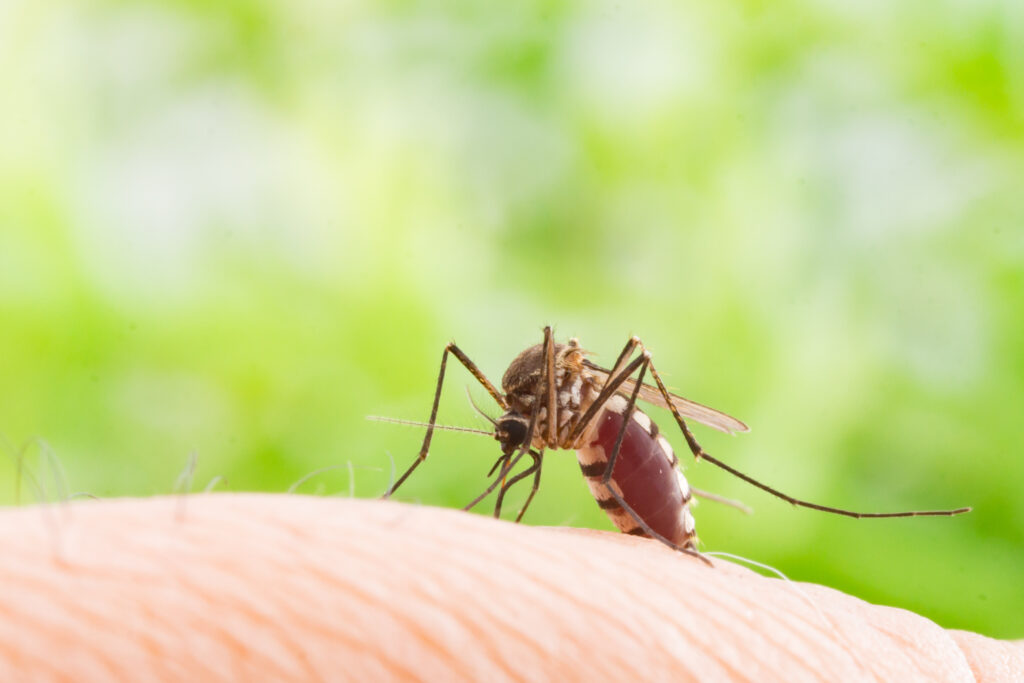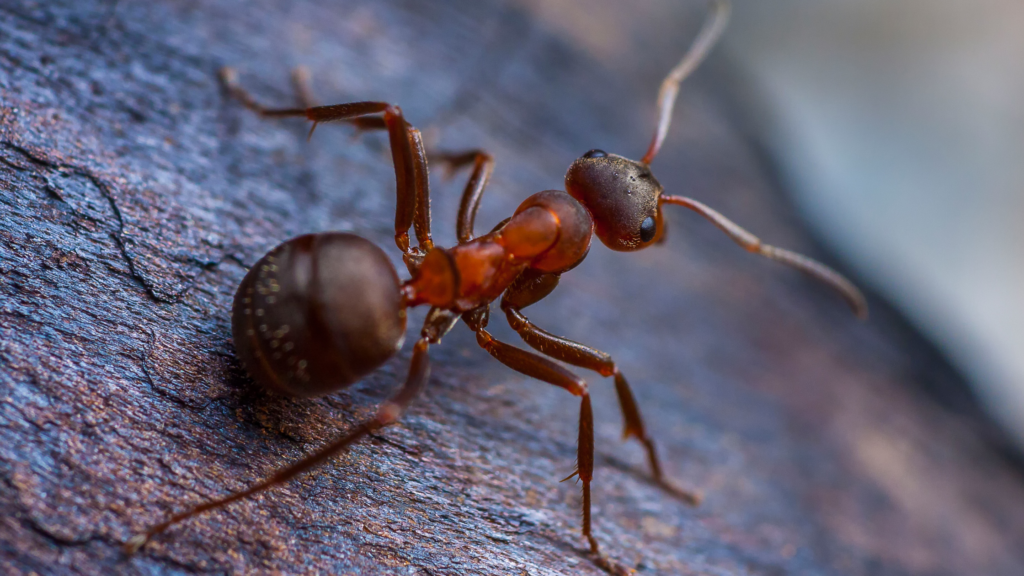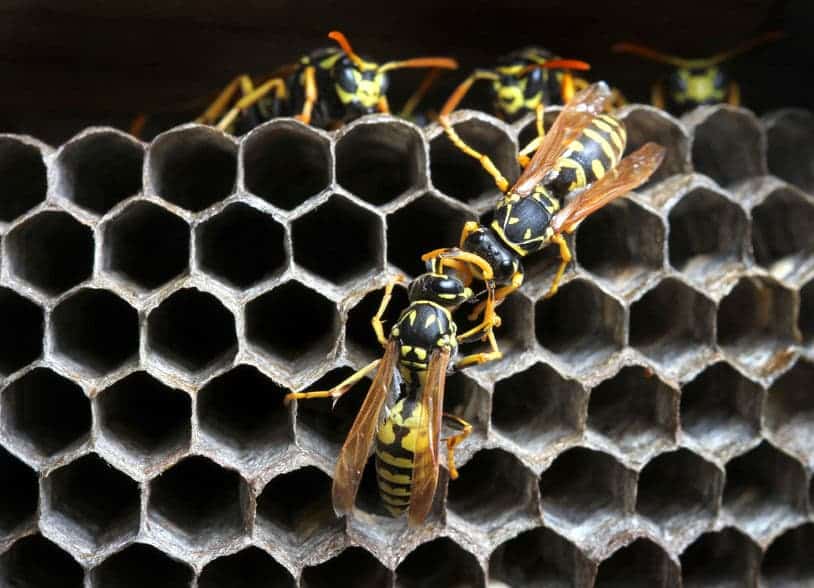
Concern about the spread of the mosquito-borne Zika virus is increasing around the world. With warmer temperatures just a few weeks away here in Florida, it’s a good time to learn more about this threat and review the measures you can take to avoid mosquito bites.
What is the Zika virus?
The virus is a pathogen that causes disease through mosquito bites, and is related to the yellow fever, dengue, and West Nile viruses. Its chief symptoms are rash and fever, and it can also cause pain in the muscles and joints, conjunctivitis, and headache. The World Health Organization (WHO) says that symptoms last for two days to a week, and that 80 percent of those infected never have any symptoms at all.
The main carriers of the disease are the Aedes species mosquitoes. Unlike most other types of mosquitoes that are most active at dawn and dusk, the Aedes mosquitos are aggressive daytime biters.
Is Zika now in the United States?
Recent reports say that there have been seven people infected in the U.S., but all were travelers who had been out of the country. No cases of locally transmitted disease are known at this time. The virus isn’t known to spread directly from person to person, but health officials are concerned that mosquitoes biting infected people here could possibly transmit the virus by biting others. You can stay up to date on the spread of the virus at the Centers for Disease Control (CDC) website.
Who is most at risk from complications from the virus?
Unborn children are the most at risk, with many suffering from microcephaly, defined as a congenital abnormal smallness of the head associated with incomplete brain development. The alarming spread of the virus in a number of South and Central American countries has prompted some health authorities to advise pregnant women to take every precaution against mosquito bites or even postpone pregnancies for two years.
How can the Zika virus be prevented?
There is no vaccine right now, but the same precautions that pest control experts have always advised to avoid mosquito bites are the best defense:
- Use insect repellents. According to the CDC, insect repellents are safe for everyone when they’re used as directed.
- Wear protective clothing. Long sleeves and pants may not be the most comfortable choices in warm weather, but they go a long way toward keeping mosquitoes away from your skin. Since these insects are attracted to darker clothing, choose white or light tan-colored garments instead.
- Get rid of all mosquito breeding sites. Needing only half an inch of water in which to breed makes it a challenge to find all of the standing water around your home, but it’s the best way to keep mosquito populations down. Birdbaths and kiddie pools are some of the more obvious areas to eliminate standing water, but also look around your home for puddles in outdoor toys and play areas, flower pots, the folds of grill covers, planters, buckets, and piles of tools or building materials. Inside your home, even a little bit of water in a flower vase that’s been undisturbed for awhile can invite mosquitoes to breed.
- Inspect and repair your screens. The tiniest tear in a screen on a door or window will allow these small insects to enter.
- Call a professional. For the safest and most effective application of pesticides, let professional pest control technicians handle the job.
At Turner Pest Control, we eliminate the breeding sites of mosquitoes, and offer one-time or seasonal protection for you and your family as part of our comprehensive lawn and outdoor services.



